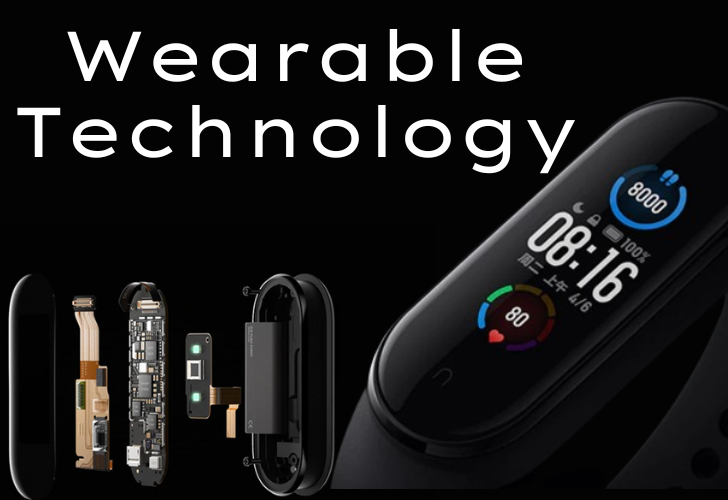
Wearable Technology: 10 Benefits
Dive into the future with wearable technology, seamlessly blending style and functionality. From smartwatches keeping you connected to fitness trackers optimizing well-being, these digital companions redefine daily living. Click now to unravel the limitless possibilities and discover how these wearables are shaping the way we live and interact.






